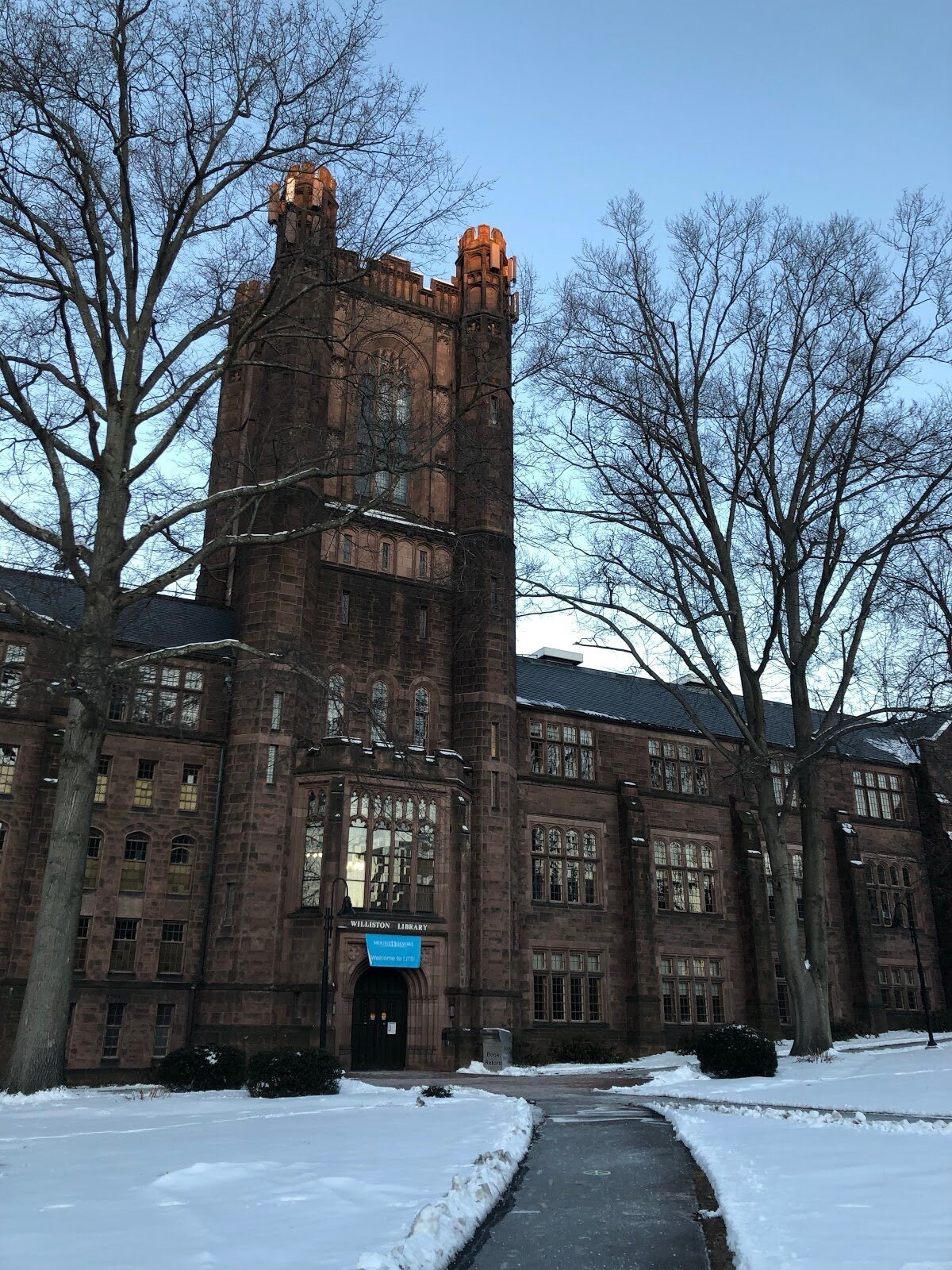By Lily Reavis ’21
National College Decision Day is May 1 — an occasion which usually marks the deadline for incoming first-year students to commit to a college or university. This year, due to the coronavirus pandemic, over 400 colleges nationwide extended this deadline, including the Universities of Massachusetts Lowell and Boston.
Each year, Mount Holyoke accepts applicants in three rounds: Early Decision I (ED1), Early Decision II (ED2) and Regular Decision (RD). Students accepted during the first two rounds are notified of their acceptance or rejection early, in January and February, respectively. Accepted ED1 and ED2 students are required to enroll at the College. The College chose not to extend its Regular Decision commitment deadline this year, in part because two waves of prospective students had already received admissions decisions prior to the coronavirus outbreak.
Each year, college admissions offices calculate an “expected melt,” which refers to students who submit a deposit, but do not end up attending the school. “Melt might be different this year, as we’ve never been in this environment before,” said Dean of Admission Leykia Nulan. “Changed deposit deadlines, gap year requests and more robust waitlist activity may have some impact on new student enrollment this fall.”
Nulan added that the College has met its class target and has seen no dip in the number of newly-enrolled students for fall 2020.
“I wish we can be on campus for the fall,” said Earl Wren ’24, an incoming first-year who applied RD to Mount Holyoke. “It is already scary to shift from high school to college academically, socially, environmentally. It feels infinitely more horrifying attempting to deal with that transition … online.”
Smith College, which follows the same tri-wave admissions process as Mount Holyoke, also chose not to extend the May 1 deadline. “Thankfully, I didn’t need to make a decision during all of this,” said Meridith McCauley, an incoming first-year at Smith. “I committed to Smith in November because I had applied ED1 and had been accepted. If anything, the pandemic [has] attributed to my confidence that Smith is the right school for me.”
Incoming members of the class of 2024 are entering college during an unprecedented time, and many have never seen campus in person. Evi Ratner ’24, another RD member of the Mount Holyoke class of 2024, says that the College’s response to the coronavirus pandemic has had some influence on her decision to attend.
“I paid some attention to how colleges treated their students in this unusual circumstance as that can reflect how they might deal with whatever may arise during my time there,” Ratner said. “Also, I attended many virtual accepted students events at Mount Holyoke and other colleges.”
“In the group chat for the Class of 2024, we talked a lot about the different responses of different colleges,” said Jessie Schwartz ’24, an incoming first-year at Mount Holyoke who applied ED1. “I think the responses of the schools, specifically relating to emergency funding, international students and the racism surrounding the pandemic definitely affected some people’s decision to enroll in different colleges.” Schwartz added that she is unsure whether she will defer her admission if Mount Holyoke continues remote learning into the fall.
Other incoming Mount Holyoke students, such as Madeline Mancini ’24, said that the College’s response to the pandemic did not play a role in their decisions to attend. Mancini said that Mount Holyoke was their top choice school, and they hope to graduate in four years despite potential delays caused by the pandemic.
In lieu of Mount Holyoke’s traditional Admitted Students’ Weekend, an annual event for admitted prospective students to stay on campus in early spring, the College put on a weekend-long virtual program this year. The program’s website read, “We know this may not be the admitted student event you imagined. Nonetheless, we're excited to bring Mount Holyoke to you.”
“We hosted 41 virtual events throughout the month of April to keep our newly admitted students and families engaged,” Nulan said.
Largely, incoming first-year students have voiced their hopes of moving onto their campuses for the fall semester. Many have stated their inability to make a decision about whether they will defer if remote learning continues into the fall yet, due to the constantly-changing impacts of the pandemic.
“I am closely monitoring the situation so I can make an educated decision on whether or not to defer,” said Sierra Fogel-Bublick, a member of the Smith College class of 2024. “The fact that Smith seems to be trying to stay open is really encouraging to me.”
Meanwhile, prospective class of 2025 students also face uncertainty in the face of college admissions processes. In April, the SAT and ACT — standardized tests which are generally required within college applications — announced that all spring tests were cancelled. The College Board is now developing contingency plans for the fall, should state-sanctioned social distancing guidelines continue, according to The New York Times.
Several institutions, including Amherst College, have announced that they will accept applications without SAT/ACT test results for the class of 2025. Others, including Mount Holyoke and Smith, already operate under test-optional admissions requirements.
“We plan to be more flexible with homeschooled students for whom we previously required standardized testing [for the class of 2025],” Nulan said. “Otherwise, our policies for applying remain intact. We'll continue to assess the need for changes to the application process as we receive guidance about COVID-19 throughout the summer.”
“I feel like my hope is the same as everyone else's — I want to go to campus,” McCauley said. “I’d rather go to campus and be told I can’t go home aside from winter or spring breaks, or even without breaks, to be honest. This would at least give me a change of surroundings and feel like I’m a part of a meaningful community.”


